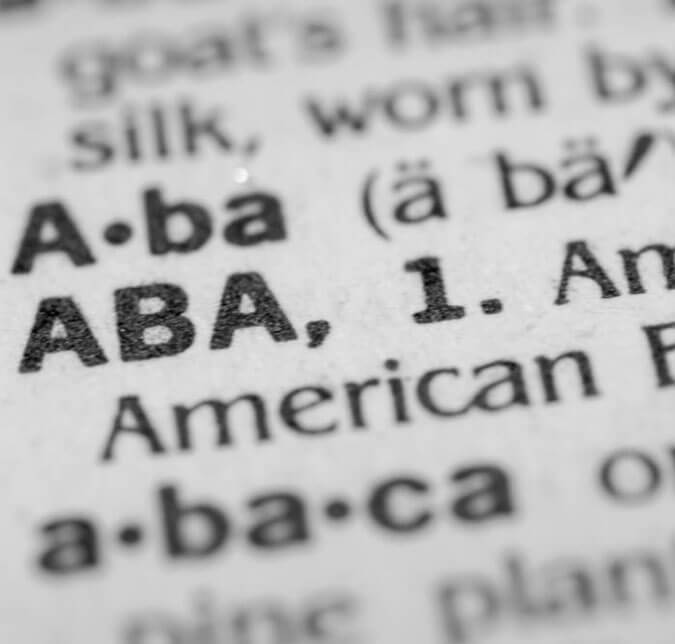
The 1949 law that Howell declared unconstitutional had laid down, “It is unlawful to parade, stand, or move in processions or assemblages in the Supreme Court Building or grounds, or to display in the Building and grounds a flag, banner, or device designed or adapted to bring into public notice a party, organization, or movement.”
However, the instant case concerned only demonstrations on the Supreme Court Plaza and did not concern demonstrations in the Supreme Court Building.
The lawsuit was originally filed in response to the arrest of Harold Hodge of southern Maryland from the Supreme Court Plaza, who was standing there and holding a sign stating “The U.S. Gov. Allows Police to Illegally Murder And Brutalize African Americans and Hispanic People.”
Charges against Hodge were dismissed after he agreed to stay away from the Supreme Court Building and grounds for six months. Later, with the help of the Rutherford Institute, Hodge challenged the law.
In her ruling, Howell noted that there was already a D.C. law that permits police to prevent obstruction of entrances to buildings during protests or demonstrations.
Until now, protesters could populate only the sidewalks along First Street following a 1983 ruling by the Supreme Court which held the 1949 law did not extend to the sidewalks.
A spokeswoman for the Supreme Court said court officials were evaluating the opinion.












































